Cats are mysterious creatures, often leaving us puzzled by their behavior. One moment, they’re snuggling in your lap, purring contentedly, and the next, they’re darting away into a quiet corner. This enigmatic behavior can be perplexing, especially when you know your feline friend loves you. So, why do cats retreat, even when they have a strong bond with their human companions? The answer lies in understanding the complex nature of these fascinating animals. Let’s dive into the world of cats and uncover the reasons behind their seemingly contradictory actions.
Instinctual Behavior
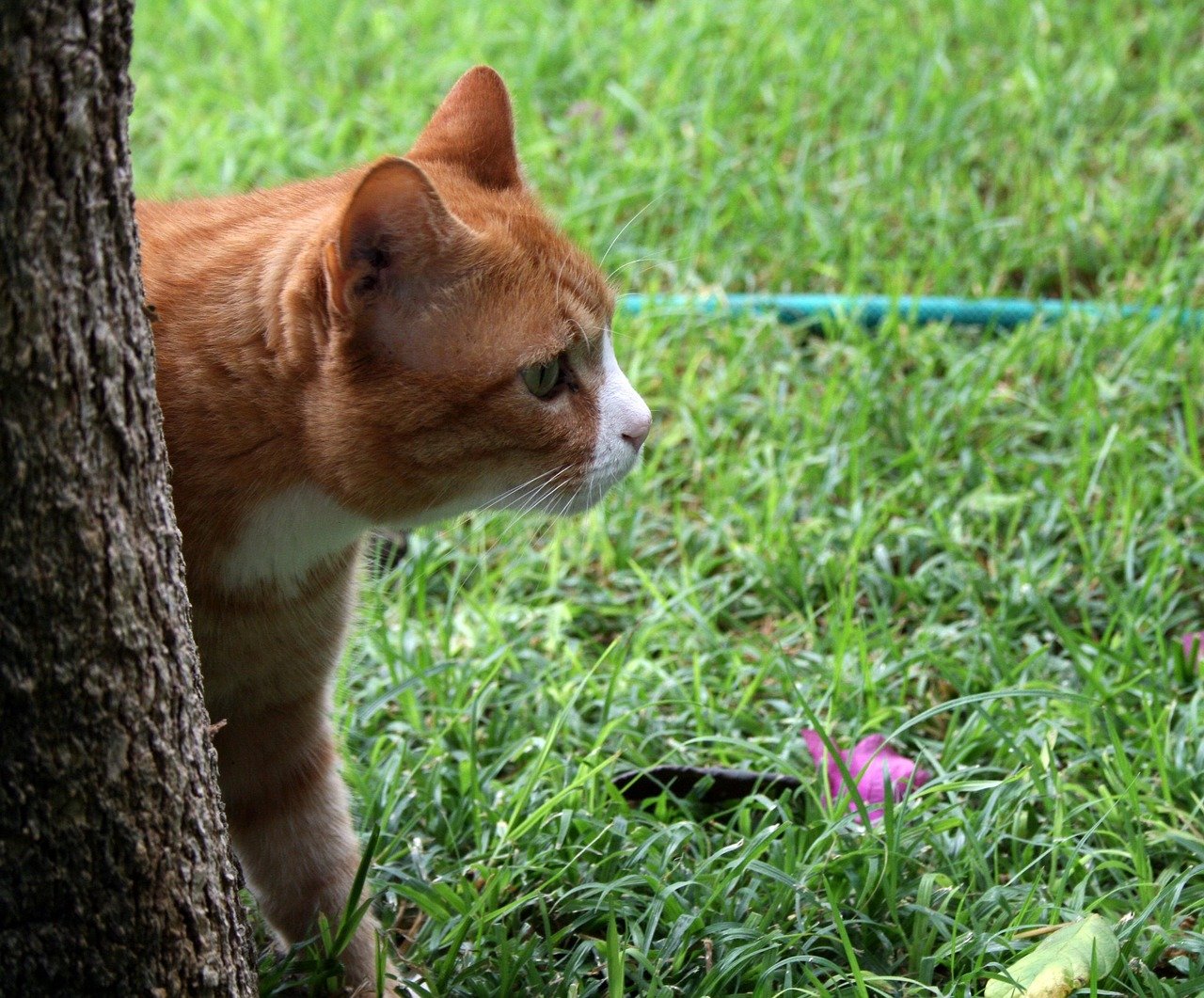
Cats are wired by nature to be cautious and vigilant. Their instincts are deeply rooted in their wild ancestors, who had to be on constant alert for predators. Even though your domesticated cat may have never encountered a threat in your home, these instincts remain ingrained. When a cat retreats, it’s often an instinctual response to perceived threats, however irrational they might seem in a safe environment. This behavior is not a reflection of their affection for you but rather an innate survival mechanism. Understanding this can help you appreciate their need for occasional solitude.
Need for Personal Space
Just like humans, cats need their personal space. They are independent creatures that value their alone time. Even the most affectionate cat will seek solitude when they feel overwhelmed or overstimulated. This doesn’t mean they love you any less; it’s simply a part of their nature. Allowing your cat to retreat to their own space can actually strengthen your bond, as it shows you respect their needs and boundaries. Think of it as their way of recharging their emotional batteries.
Sensitivity to Environment
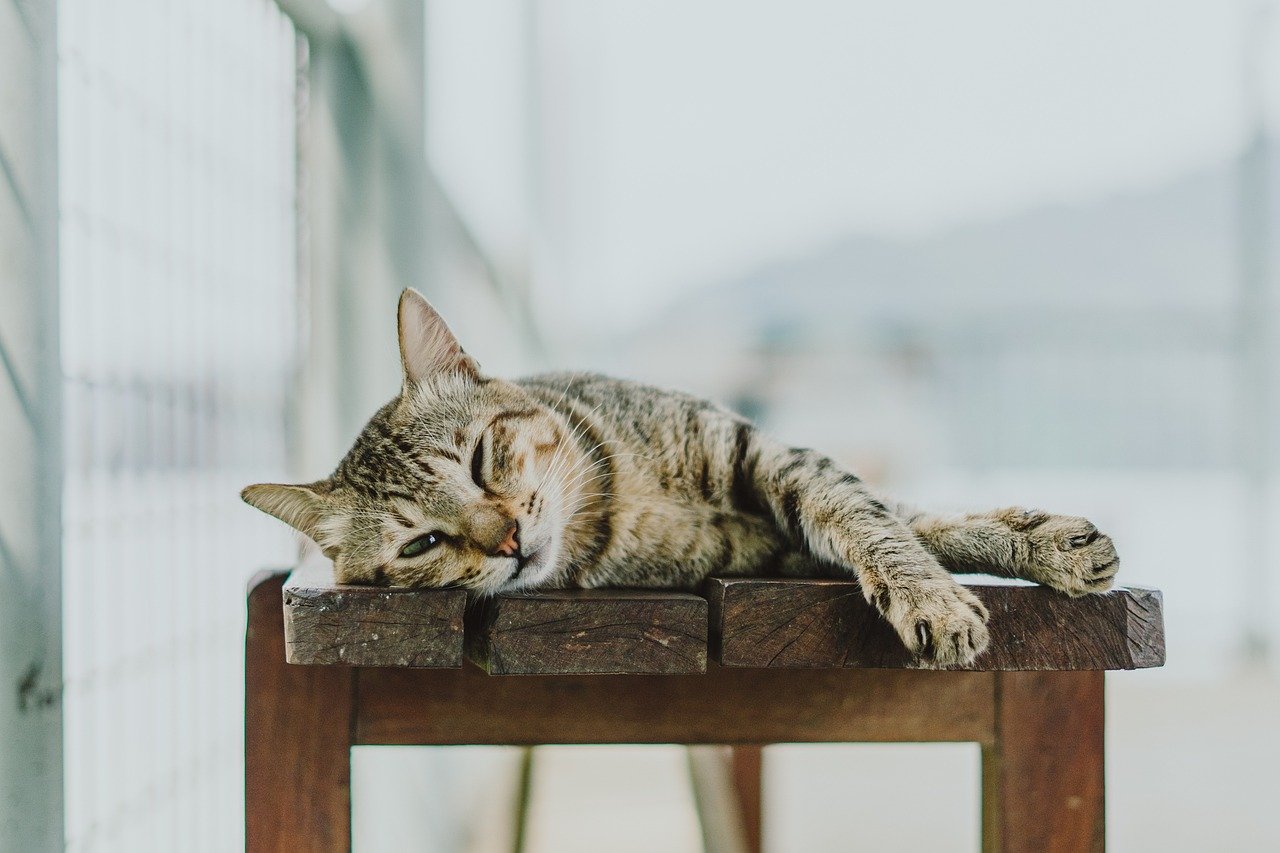
Cats are incredibly sensitive to their surroundings. Changes in their environment, such as new furniture, a different scent, or even a change in your routine, can cause them stress. When faced with such changes, a cat may retreat to a familiar and comforting space. This behavior is their way of coping with stress and maintaining a sense of security. Being mindful of your cat’s sensitivity can help you create a more stable and comforting environment for them.
Health Concerns
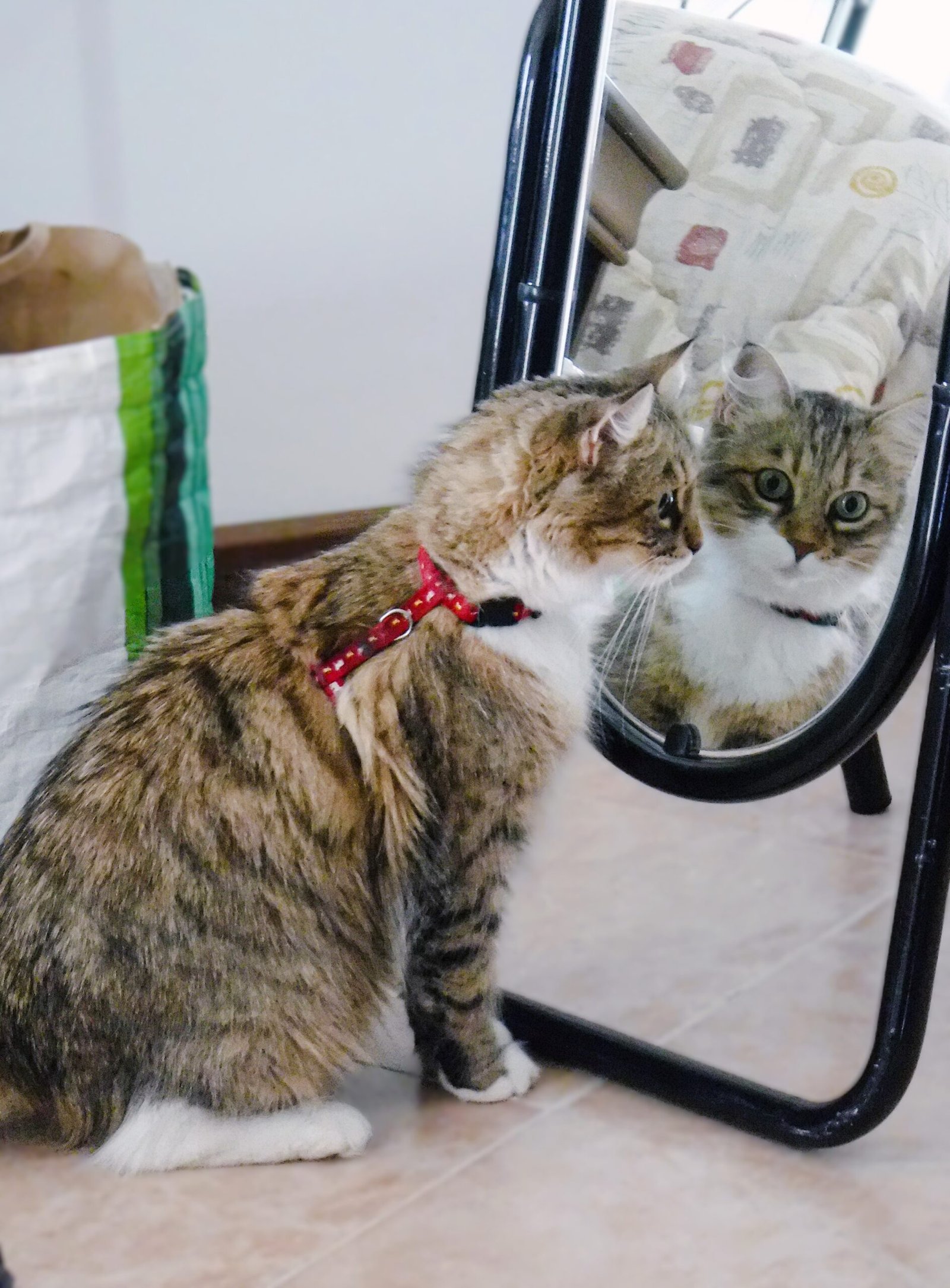
Sometimes, a cat’s retreat can signal an underlying health issue. If your cat is suddenly more withdrawn than usual, it could be a sign that they’re not feeling well. Cats are masters at hiding pain, so any changes in behavior should be taken seriously. Regular veterinary check-ups are essential to ensure your cat’s health and well-being. If you suspect something is wrong, don’t hesitate to consult your vet. Your vigilance can make all the difference in your cat’s quality of life.
Communication and Social Cues
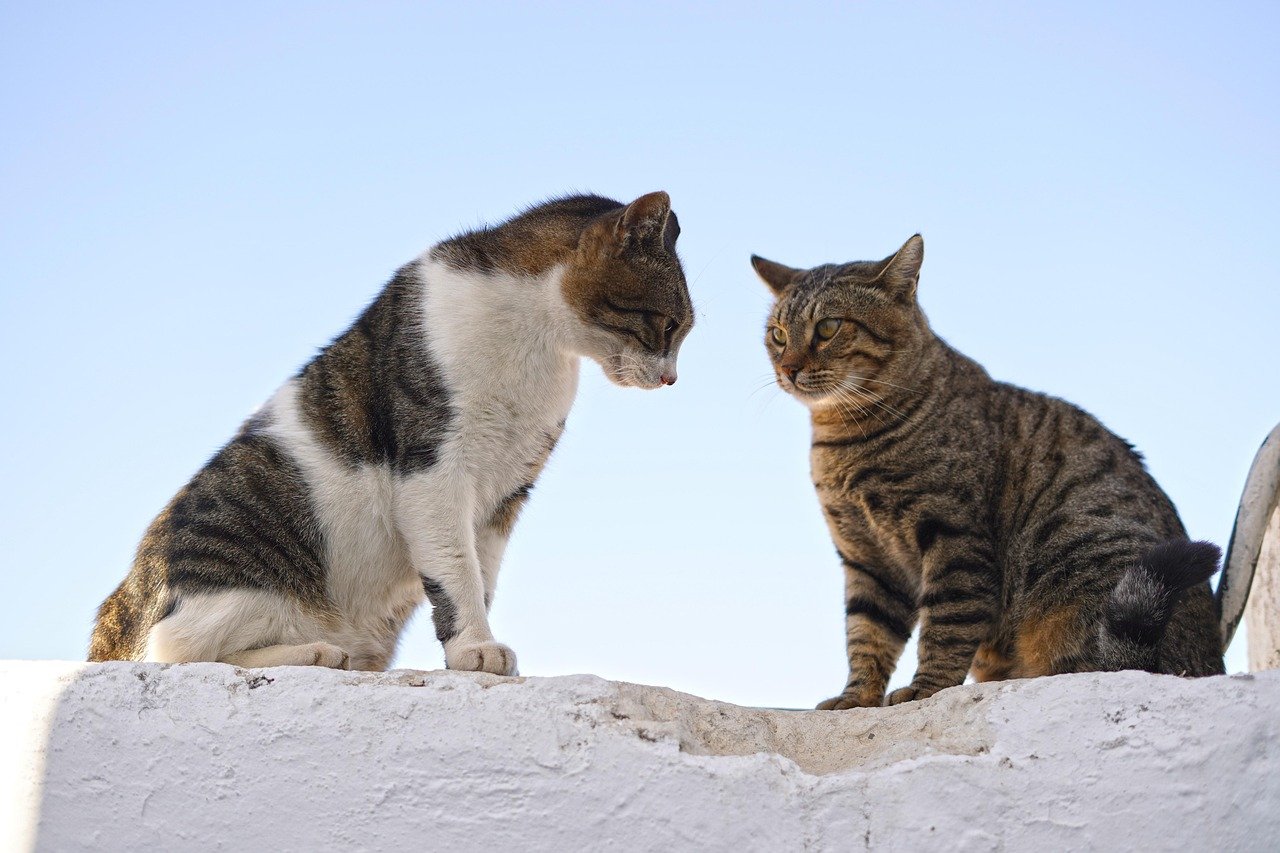
Cats communicate in subtle ways, and their retreat can be a form of communication. They may be signaling that they need a break or that they’re not in the mood for interaction. Understanding your cat’s body language and social cues can help you respond appropriately to their needs. For instance, a twitching tail or flattened ears are signs that your cat may need some alone time. By respecting these cues, you’re showing your cat that you understand and care for their well-being.
Fear of Loud Noises
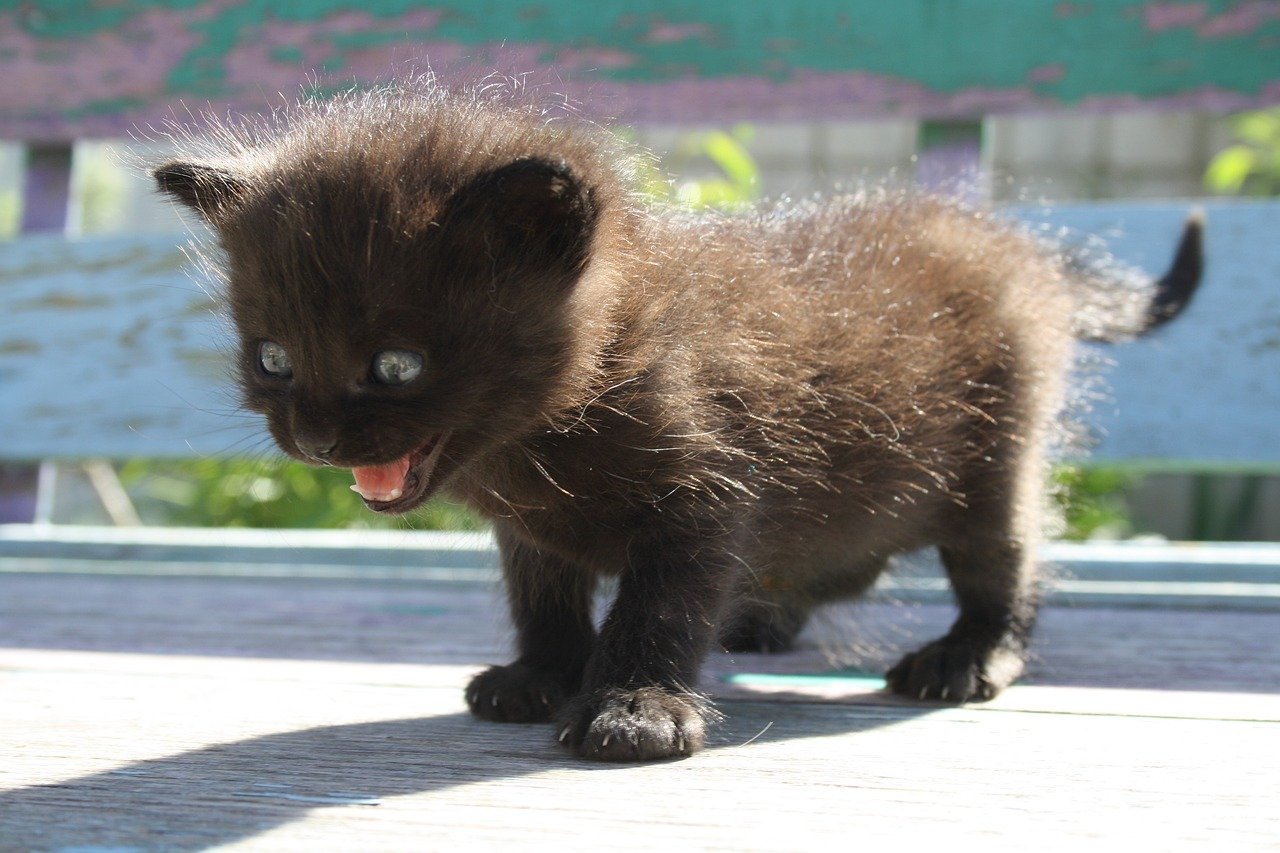
Cats have an acute sense of hearing, which makes them particularly sensitive to loud noises. Thunderstorms, fireworks, or even a loud television can send a cat scurrying for cover. This retreat is a natural reaction to protect themselves from what they perceive as danger. Providing a quiet and safe space for your cat during such events can help them feel more secure and less anxious. Remember, your home should be a sanctuary for your cat, free from unnecessary stressors.
Preference for Routine
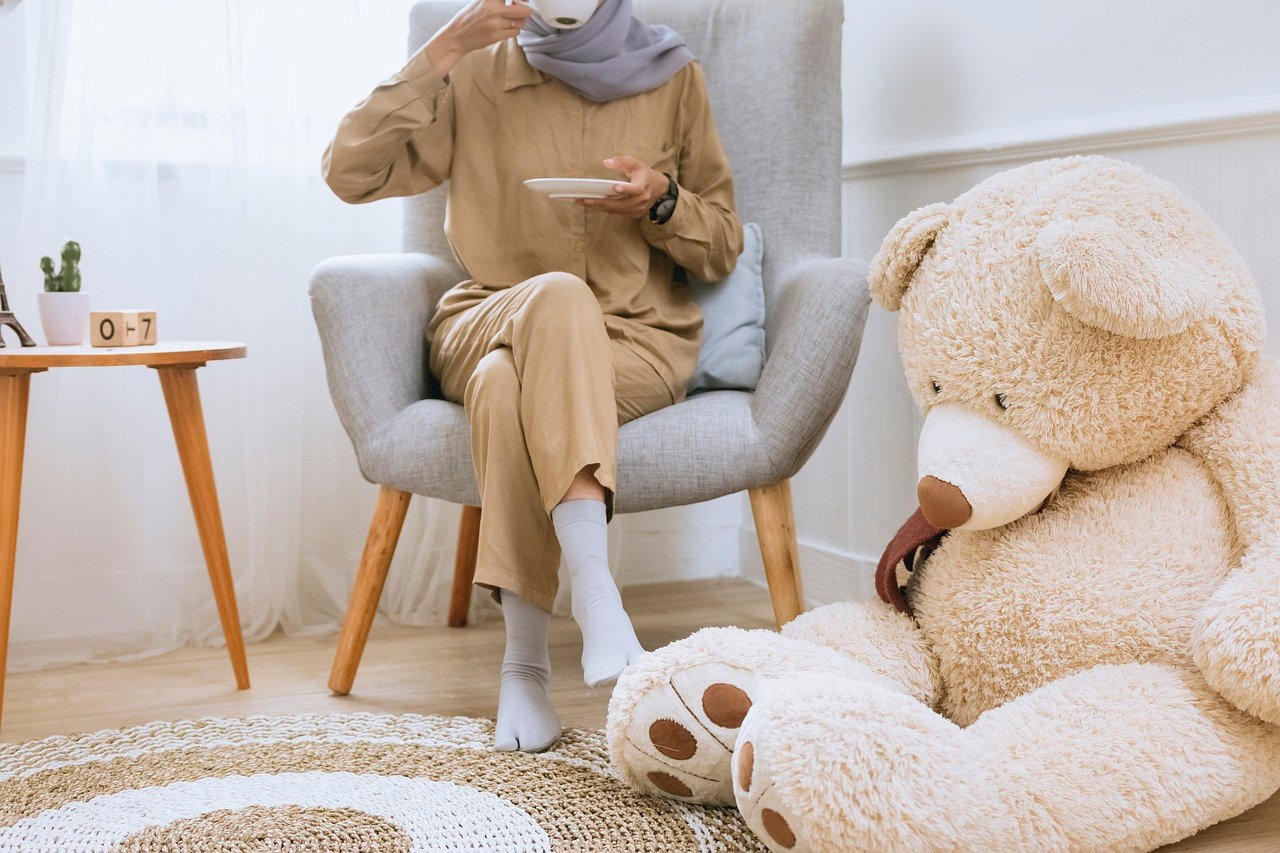
Cats thrive on routine. They find comfort in predictability and may retreat when their routine is disrupted. Changes in feeding times, sleeping arrangements, or even your schedule can cause them stress. Maintaining a consistent routine can help your cat feel more secure and reduce their need to retreat. It’s a simple way to show your cat that you care about their comfort and stability.
Past Traumas and Experiences
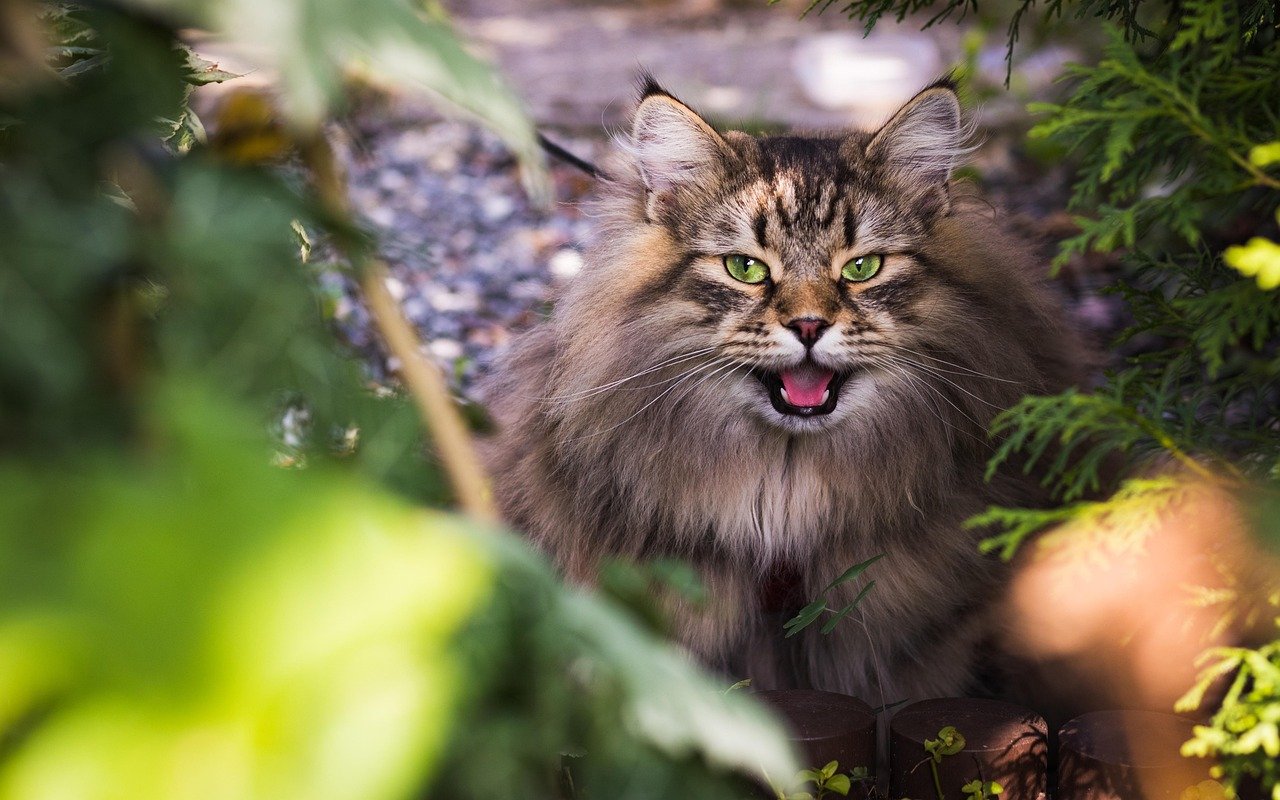
A cat’s past experiences can greatly influence their behavior. Cats that have been rescued or have had traumatic experiences may be more prone to retreating. These cats may need extra patience and understanding as they learn to trust their human companions. Offering a safe and loving environment can help them overcome their fears and build a stronger bond with you. Remember, healing takes time, and your cat’s retreat is not a reflection of their feelings for you.
Individual Personality
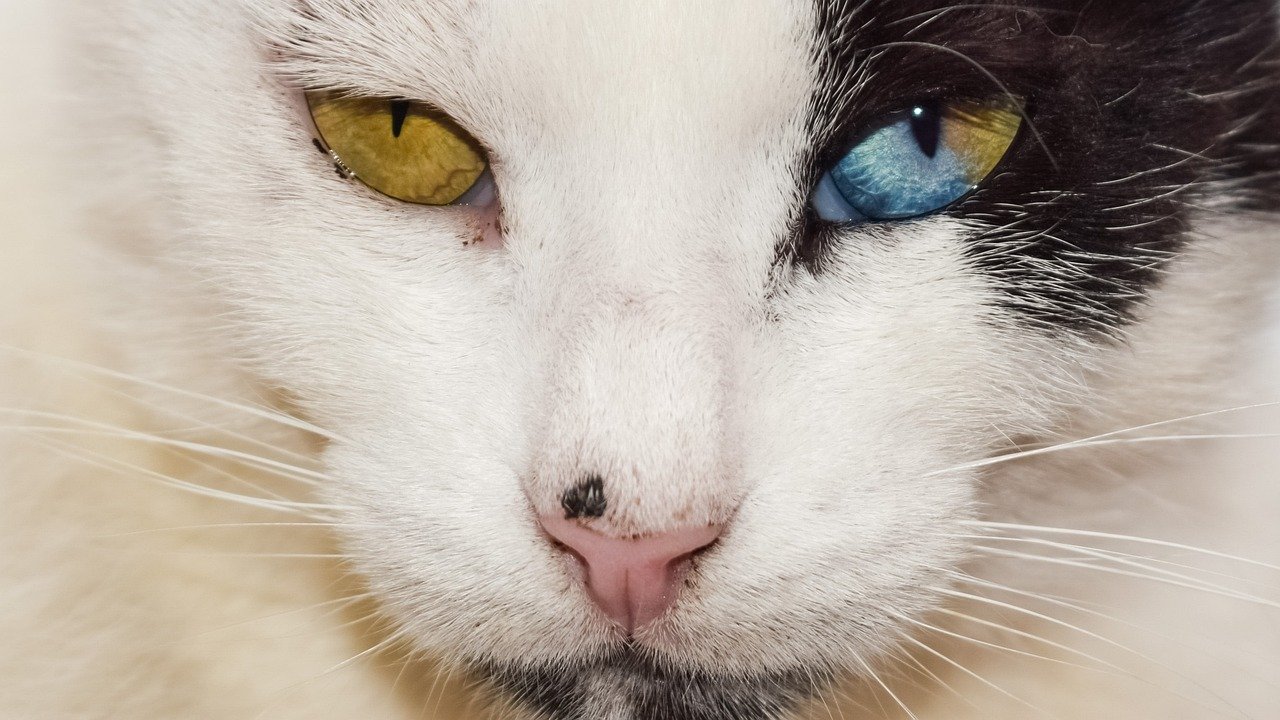
Every cat is unique, with their own personality and preferences. Some cats are naturally more reserved and independent, while others are social butterflies. Understanding your cat’s individual personality can help you interpret their behavior more accurately. Accepting your cat for who they are, rather than trying to change them, will lead to a more harmonious relationship. Celebrate your cat’s uniqueness and cherish the bond you share.
Overstimulation
Cats can become overstimulated by too much petting or play. When this happens, they may retreat to calm down and regain their composure. Signs of overstimulation include twitching tails, flattened ears, or dilated pupils. Recognizing these signs can help you avoid overstimulating your cat and give them the space they need to relax. Remember, a little space can go a long way in maintaining a happy and healthy relationship with your feline friend.
Seeking Comfort and Security
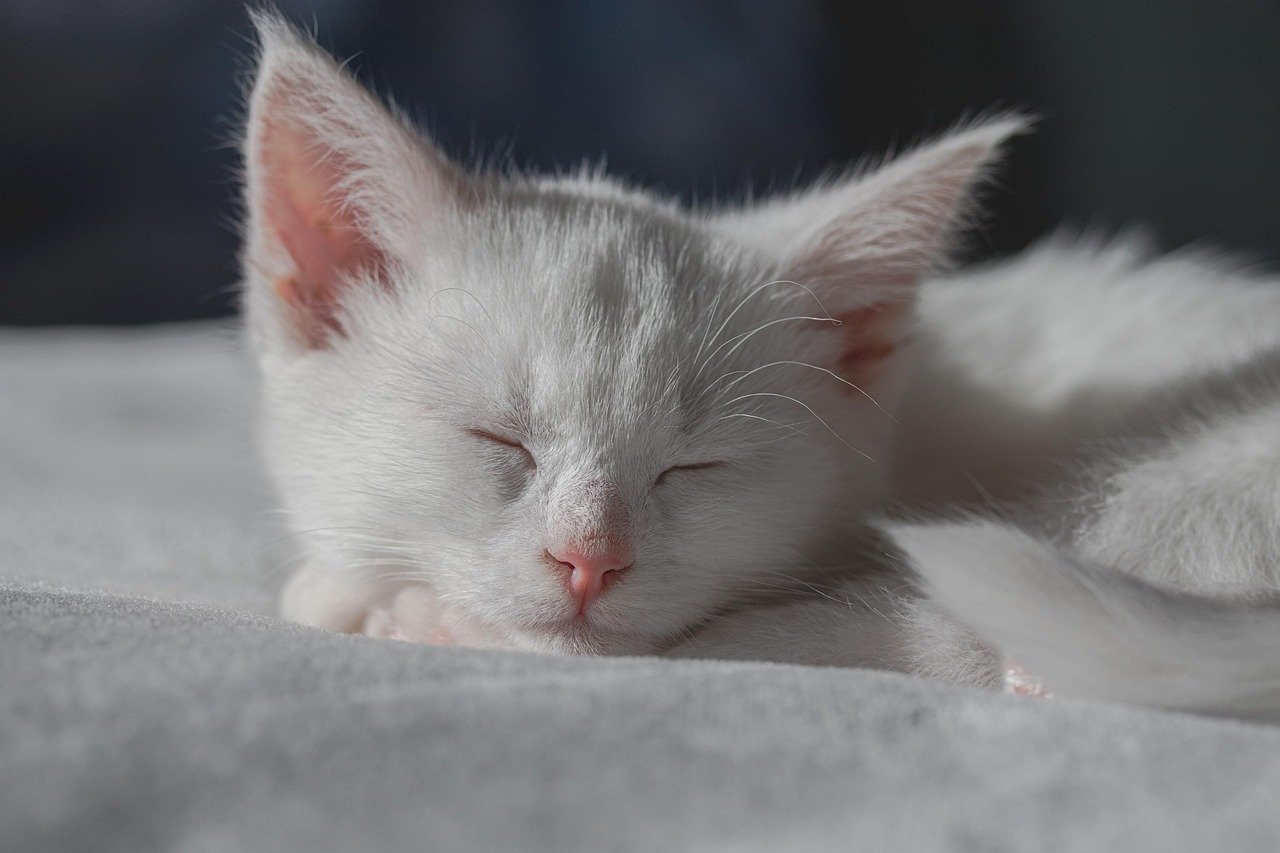
Sometimes, cats retreat to a specific spot because it provides them comfort and security. This could be a cozy nook, a sunny windowsill, or a favorite blanket. These places offer a sense of safety and familiarity, which is essential for a cat’s well-being. Providing your cat with a variety of comfortable spaces can help them feel more at ease in your home. It’s a simple yet effective way to show your love and care.
Temperature Preferences
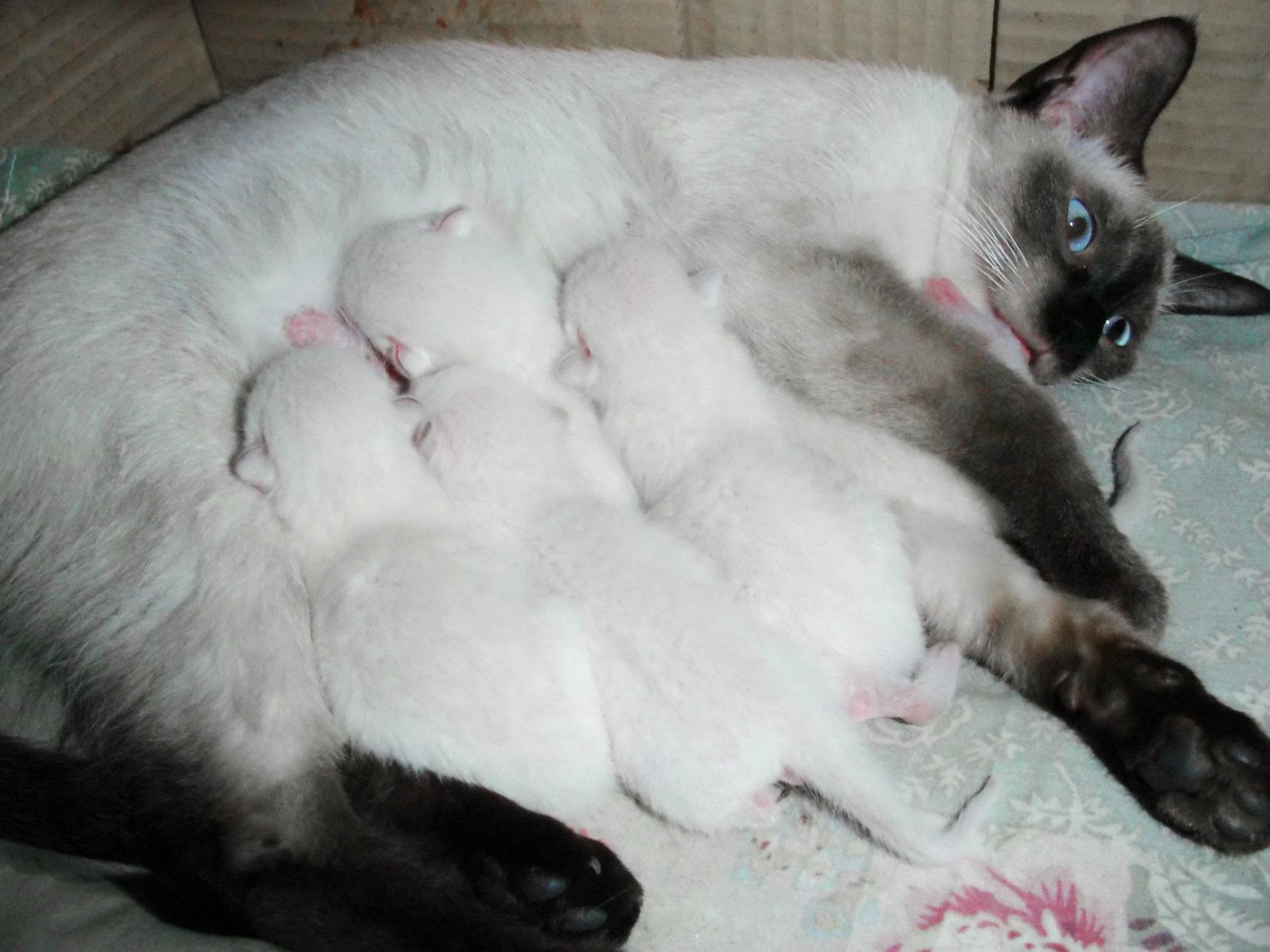
Cats are sensitive to temperature changes and often retreat to find a comfortable spot. They may seek warmth in a sunny spot or coolness in a shaded area. Understanding your cat’s temperature preferences can help you create a comfortable environment for them. Providing options, such as a warm bed or a cool tile floor, can make your home more inviting for your cat. After all, comfort is key to a happy cat.
Privacy for Grooming
Grooming is an important part of a cat’s daily routine, and they often seek privacy during this time. Retreating to a quiet spot allows them to groom without distractions. This behavior is not a sign of rejection but rather a natural part of their self-care routine. Respecting your cat’s need for privacy during grooming can help them feel more secure and relaxed. It’s a small gesture that can make a big difference in your cat’s happiness.
Natural Curiosity
Cats are naturally curious creatures, and their retreat can be a way to explore their environment. They may disappear for hours, only to return with tales of their adventures. This behavior is a reflection of their inquisitive nature and desire to explore. Encouraging your cat’s curiosity by providing a stimulating environment can enhance their quality of life. Remember, a curious cat is a happy cat.
Age and Energy Levels
As cats age, their energy levels and behavior may change. Older cats may retreat more often to rest and conserve energy. This is a normal part of the aging process and should be respected. Providing a comfortable and quiet space for your senior cat can help them feel more at ease. Understanding the changes that come with age can help you better care for your feline friend.
Bonding Through Retreat
Retreating doesn’t always mean distancing. Sometimes, a cat’s retreat can be a way to bond with you. They may choose to retreat to a spot where they can still see or hear you, finding comfort in your presence. This behavior is a testament to the trust and affection they have for you. Embracing this unique form of bonding can strengthen your relationship with your cat.
Dealing with Multiple Pets
In households with multiple pets, a cat may retreat to establish their own territory or escape from the chaos. This behavior is a way to assert their independence and maintain a sense of control. Providing separate spaces for each pet can help reduce tension and promote harmony. It’s important to respect each pet’s need for space and individuality.
Understanding Feline Body Language
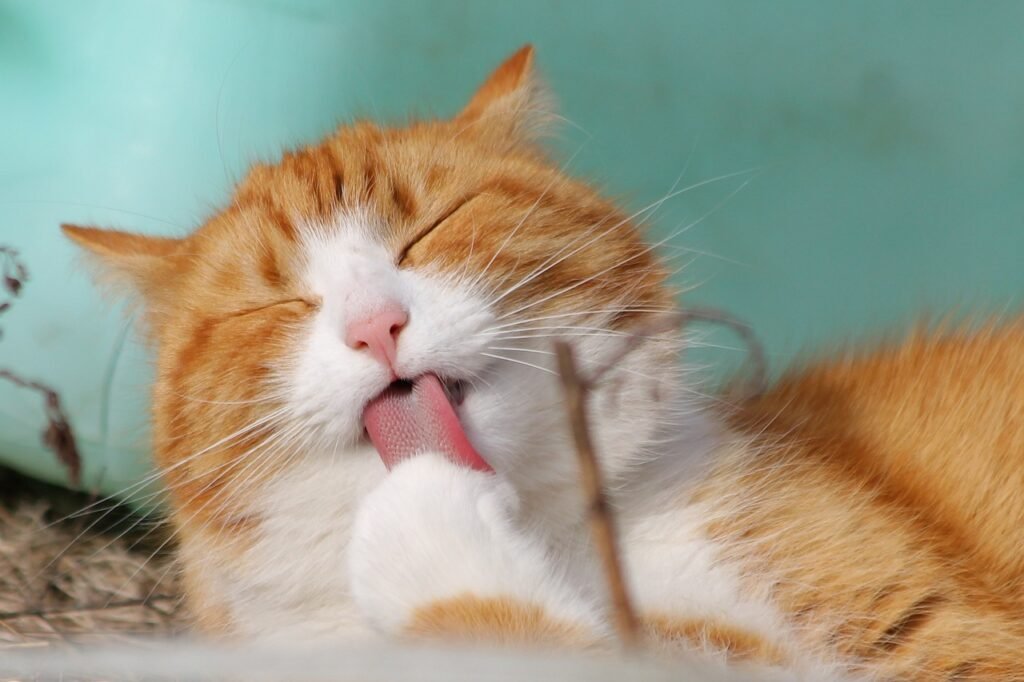
A cat’s body language can provide valuable insights into their behavior. Observing their posture, tail movements, and facial expressions can help you understand why they retreat. This knowledge can guide your interactions and help you respond to your cat’s needs. By becoming fluent in feline body language, you can strengthen your bond and enhance your cat’s quality of life.
Building Trust and Respect
Building trust and respect is essential in any relationship, including with your cat. By respecting their need to retreat, you’re showing that you value their individuality and comfort. This mutual respect can lead to a deeper bond and a more fulfilling relationship. Remember, love and trust are earned, not demanded.
In conclusion, a cat’s retreat is a multifaceted behavior with various underlying reasons. Understanding these reasons can help you appreciate your cat’s unique nature and strengthen your bond. So, the next time your cat retreats, remember it’s not a sign of rejection but a natural part of their complex personality.
Hi, I’m Bola, a passionate writer and creative strategist with a knack for crafting compelling content that educates, inspires, and connects. Over the years, I’ve honed my skills across various writing fields, including content creation, copywriting, online course development, and video scriptwriting.
When I’m not at my desk, you’ll find me exploring new ideas, reading books, or brainstorming creative ways to solve challenges. I believe that words have the power to transform, and I’m here to help you leverage that power for success.
Thanks for stopping by, Keep coming to this website to checkout new articles form me. You’d always love it!






